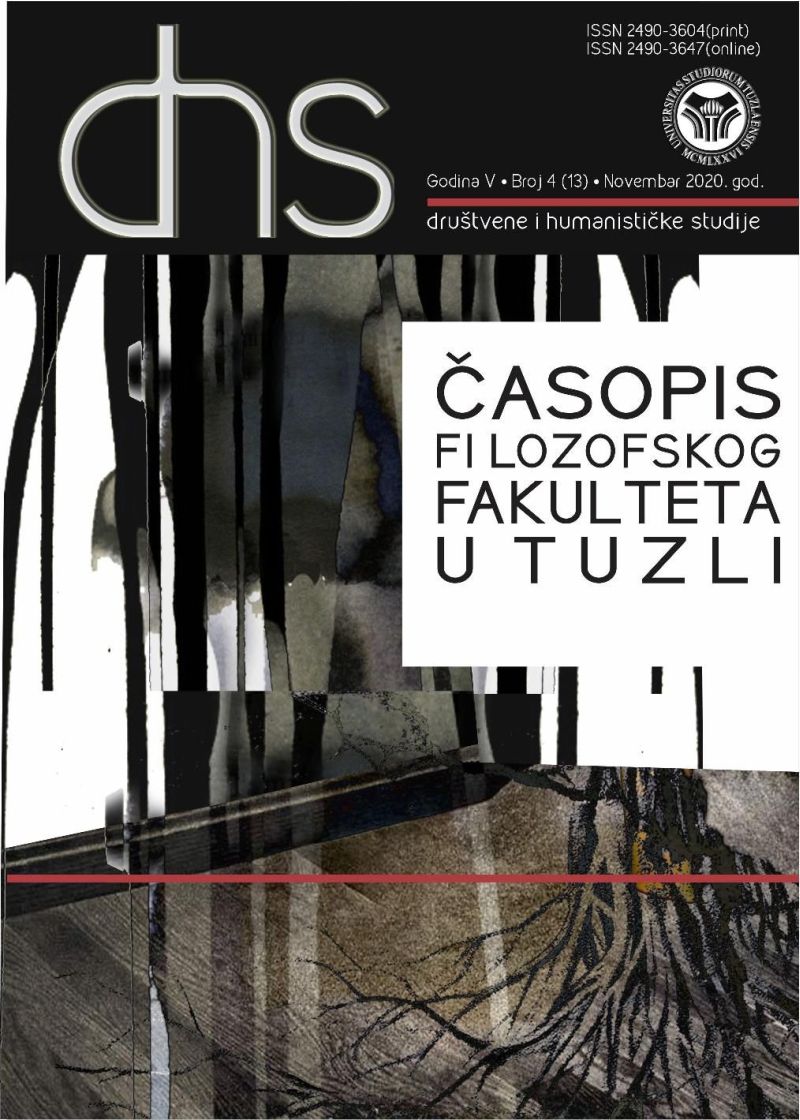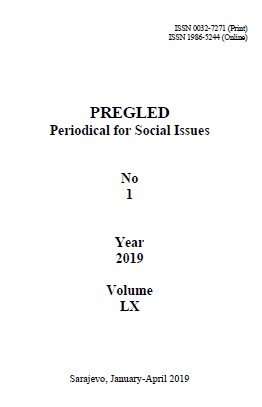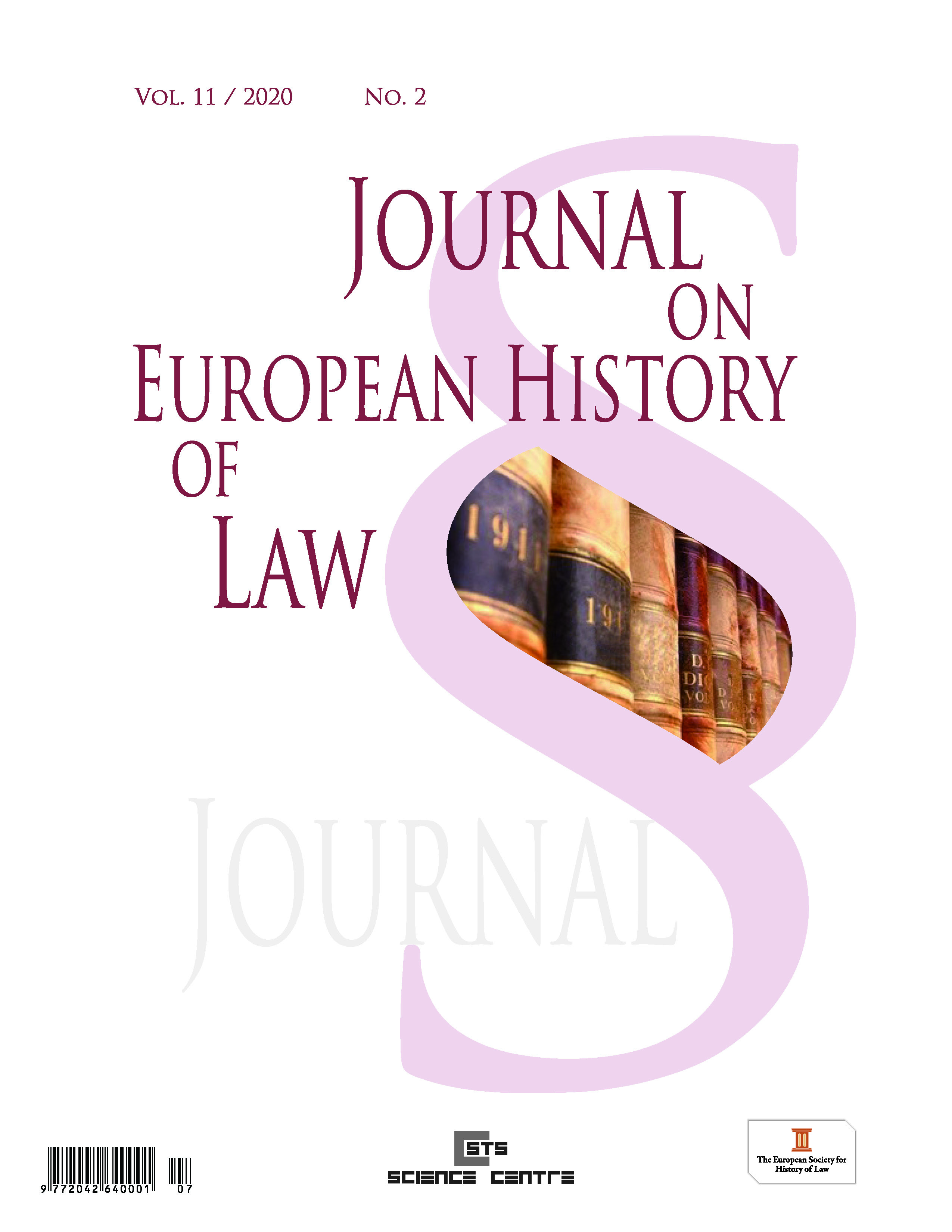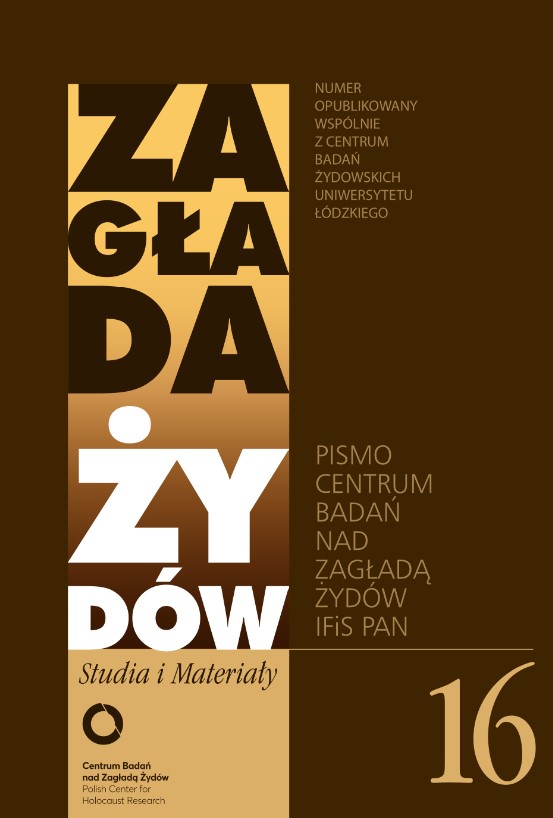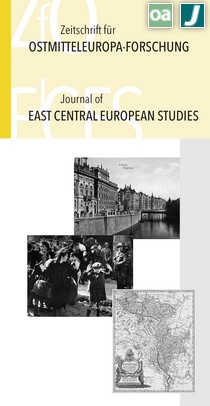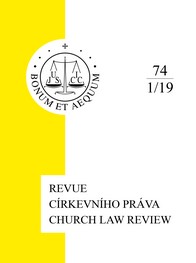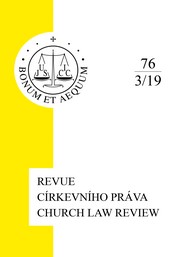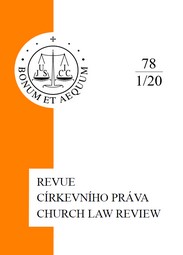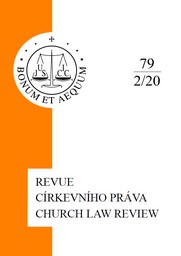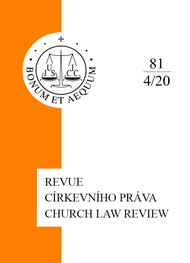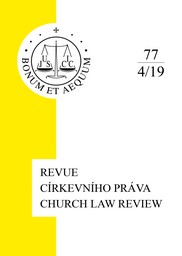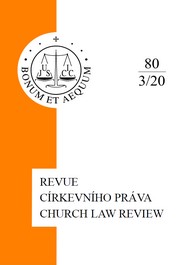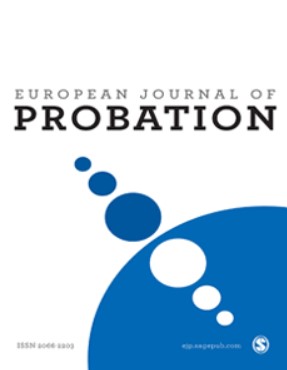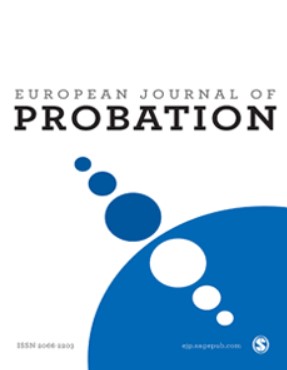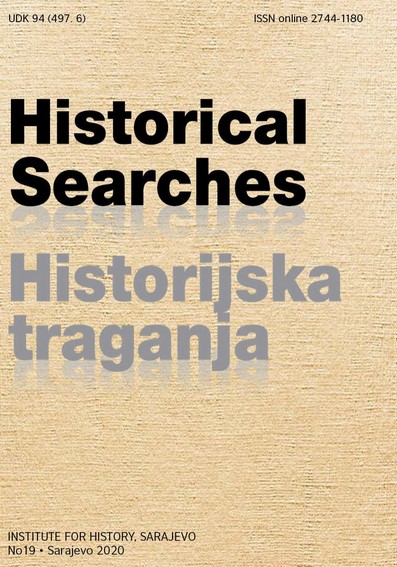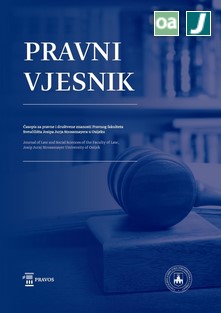ІСТОРІЯ ТА ПЕРСПЕКТИВИ ЗБЕРЕЖЕННЯ СТАТУСУ УКРАЇНИ ЯК ЯДЕРНОЇ ДЕРЖАВИ: ІСТОРИЧНИЙ ТА ДЖЕРЕЛОЗНАВЧИЙ АСПЕКТИ
The purpose of the article is to answer an historically important question that is relevant in modern Ukrainian society - was it possible to maintain the status of a nuclear state for Ukraine? Find out the possible prospects for maintaining the status of Ukraine as a nuclear state, having studied the historical and source study aspects of the problem. Materials and methods. The regulatory framework of the study is the statement of the Verkhovna Rada of Ukraine “On the Nuclear-Free Status of Ukraine”, The Law of Ukraine “On Ukraine’s Accession to the Treaty on the Non-Proliferation of Nuclear Weapons of July 1, 1968” dated November 16, 1994, and the Memorandum on Security Guarantees in Connection with Ukraine’s Accession to the Treaty on the Non-Proliferation of Nuclear Weapons of November 5, 1994 and others. The study uses methods of fundamental analysis, synthesis, comparison, generalization. Scientific novelty. The main aspects of the nuclear disarmament of Ukraine are investigated. The possibility of an alternative to its nuclear disarmament is being examined, as well as the voluntary renunciation of Ukraine’s nuclear potential is being analyzed. Conclusions. In society and among “young” politicians, the view is spread about the fallacy of denuclearization. The then internal and external problems of Ukraine do not seem very critical now. The leaders of Ukraine in the 1990s consider nuclear disarmament inevitable and agree to recognize only tactical miscalculations. The theoretical possibility of holding and developing nuclear weapons in Ukraine should be recognized as highly probable. Economic and potential allowed this. But foreign policy pressure, primarily from the United States, made this impossible. The Ukrainian leadership was not able to realize all the chances that history provided us, and it was more profitable to convert the renunciation of nuclear weapons into economic and political benefits.
More...

